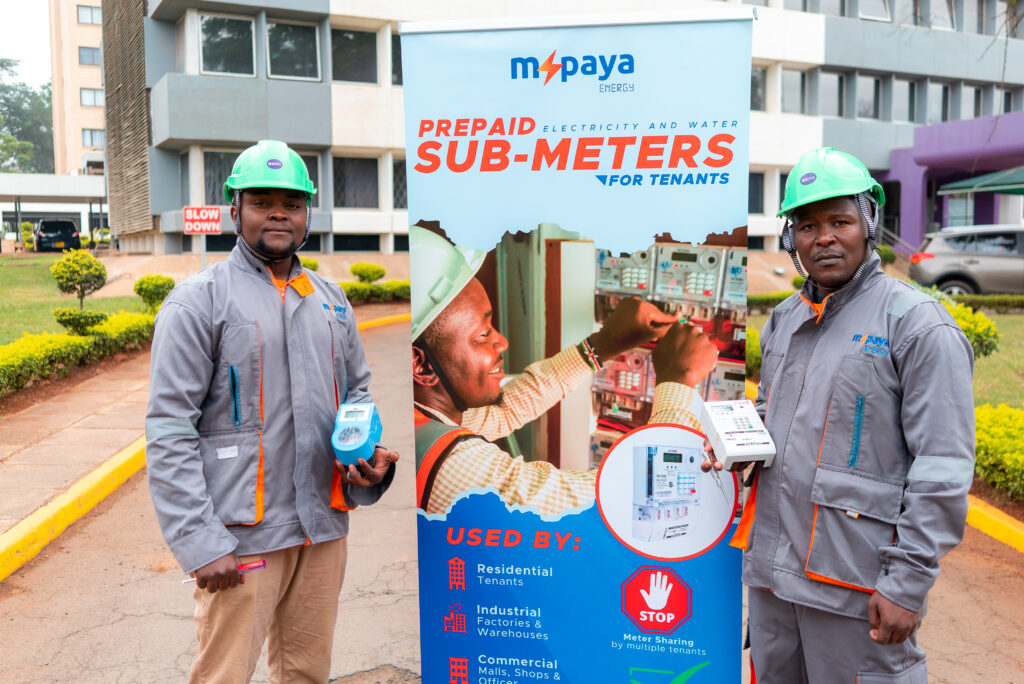Introduction
Electricity meters in Kenya have come a long way from their humble beginnings as simple devices measuring energy consumption. The evolution from traditional meters to smart meters marks a significant milestone in the way we manage and monitor our energy usage. In this comprehensive guide, we’ll delve into the intricacies of choosing the right electricity meter for your needs, covering everything from cost considerations to the benefits of embracing smart metering technology.
Factors to Consider When Choosing Electricity Meter
Cost: Traditional vs Smart Electricity Meter Installation and Maintenance Costs
When it comes to cost, the upfront investment and ongoing maintenance expenses differ between traditional and smart meters in Kenya:
- Traditional Meters: Typically, traditional meters involve lower initial costs for installation compared to smart meters. However, keep in mind that these meters may require manual reading, which can incur additional fees over time.
- Smart Meters: Smart meters generally have higher upfront costs due to their advanced technology. However, they offer long-term savings potential through accurate readings and remote monitoring capabilities, potentially offsetting the initial expense.

Features: Highlighting the Functionalities of Different Meter Types
The features offered by traditional and smart meters vary significantly:
- Traditional Meters: Traditional meters provide basic energy usage monitoring without any advanced functionalities. They require manual reading by utility personnel, which can lead to delays in detecting issues or discrepancies.
- Smart Meters: Smart meters revolutionize energy management with features such as real-time monitoring, remote data access, and automatic meter readings. These meters enable consumers to track their energy usage more effectively and identify opportunities for efficiency improvements.
Compatibility: Ensuring the Meter Works with Your Local Utility Company
Before selecting an electricity meter, it’s crucial to ensure compatibility with your local utility company:
- Traditional Meters: Most utility companies support traditional meters for energy billing and monitoring purposes. However, manual reading requirements may vary depending on the service provider.
- Smart Meters: As smart meter technology becomes increasingly prevalent, many utility companies are transitioning to smart meter infrastructure. Check with your utility provider to confirm compatibility and any specific requirements for smart meter installation.
Benefits of Smart Electricity Meters
Real-time Energy Monitoring
One of the most significant advantages of smart meters is their ability to provide real-time energy consumption data:
- Empowerment: With real-time monitoring, consumers gain insights into their energy usage patterns, allowing for more informed decisions on usage habits and potential cost-saving measures.
- Efficiency: By identifying energy-intensive appliances or behaviors, individuals can make adjustments to optimize energy efficiency and reduce waste.
Improved Energy Management
Smart meters offer enhanced energy management capabilities compared to traditional meters:
- Automation: Smart meters automate the meter reading process, eliminating the need for manual intervention and reducing the risk of errors or inaccuracies.
- Customization: Advanced features such as programmable settings and energy usage alerts enable consumers to customize their energy management strategies according to their preferences and lifestyle.
Potential Cost Savings of Smart Electricity Meter
While the initial investment in smart meters may seem higher, the long-term cost savings can outweigh the upfront expenses:
- Accuracy: Smart meters provide precise readings, minimizing billing errors and ensuring fair and accurate energy charges.
- Efficiency: By optimizing energy usage based on real-time data insights, consumers can potentially lower their utility bills and reduce overall energy expenses over time.
FAQs on Electricity Meter by M-Paya Energy:
How much is a meter in Kenya?
The cost of a meter in Kenya can vary depending on the type and brand. Contact M-Paya Energy for pricing information.
What are the two types of electric meters?
The two main types of electric meters are traditional meters and smart meters.
How does an electricity meter work?
Electric meters measure the amount of electricity consumed by a household or building and provide data for billing purposes.
What is called an electric meter?
An electric meter, also known as an electricity meter or energy meter, is a device that measures the amount of electrical energy consumed by a residence or facility.
How many types of electric meters are there?
There are primarily two types of electric meters: traditional meters and smart meters.
What is a utility meter?
A utility meter is a device used to measure and record the consumption of utilities such as electricity, gas, or water in a residential or commercial setting.
Conclusion on Smart Electricity Meter
To sum up this informative guide, the choice between traditional and smart electricity meters ultimately depends on your specific needs and priorities. If you value real-time monitoring, enhanced energy management capabilities, and long-term cost savings, investing in a smart meter may be the right choice for you. However, if upfront cost concerns or compatibility issues with your utility provider are primary considerations, a traditional meter may suffice.
For reliable and efficient energy management solutions, consider M-Paya Energy Smart Electricity Meters!